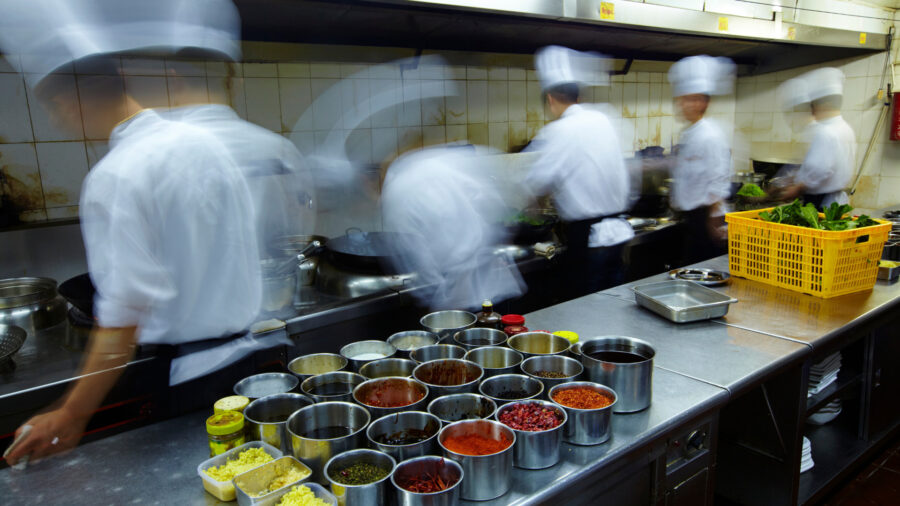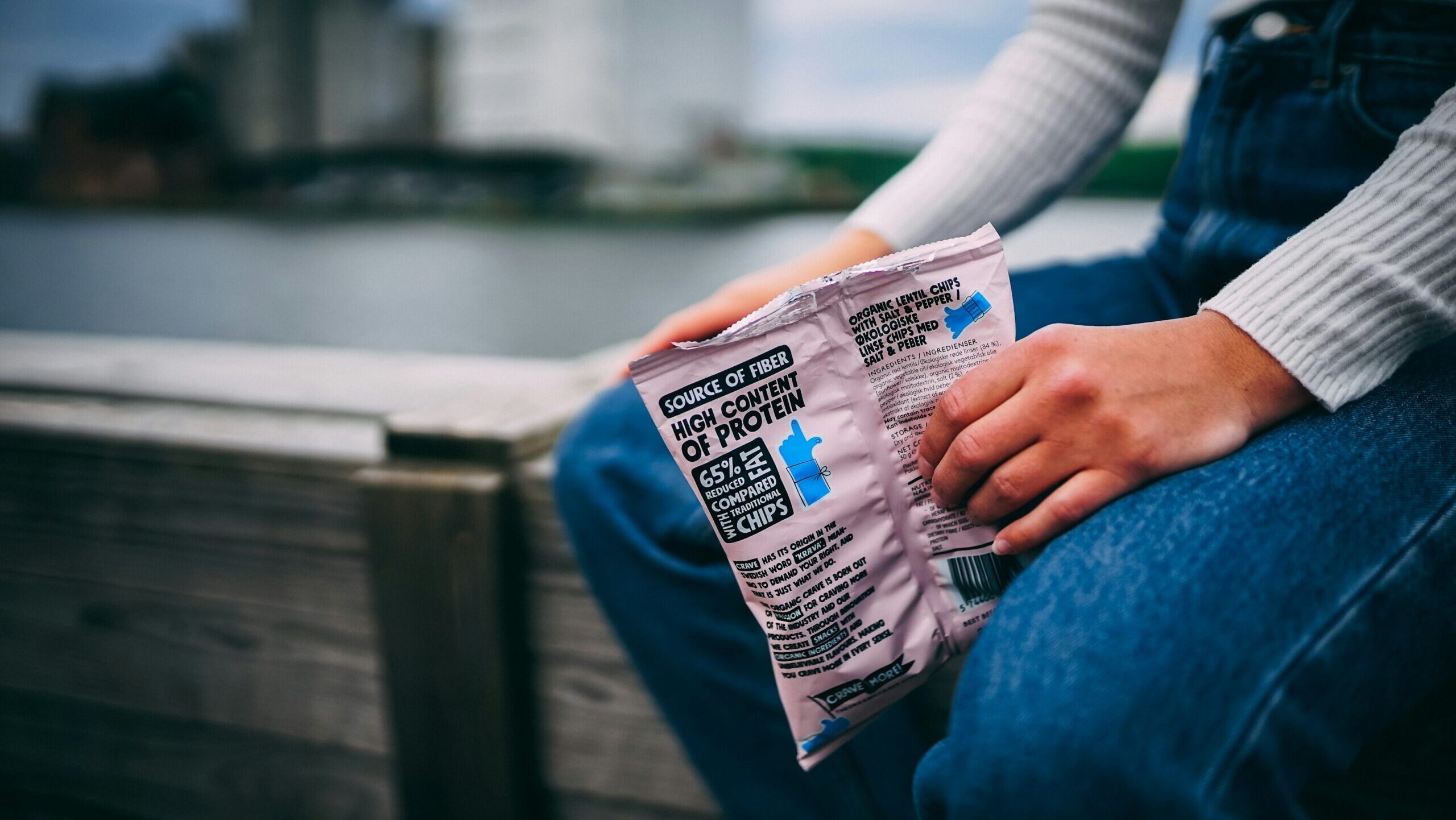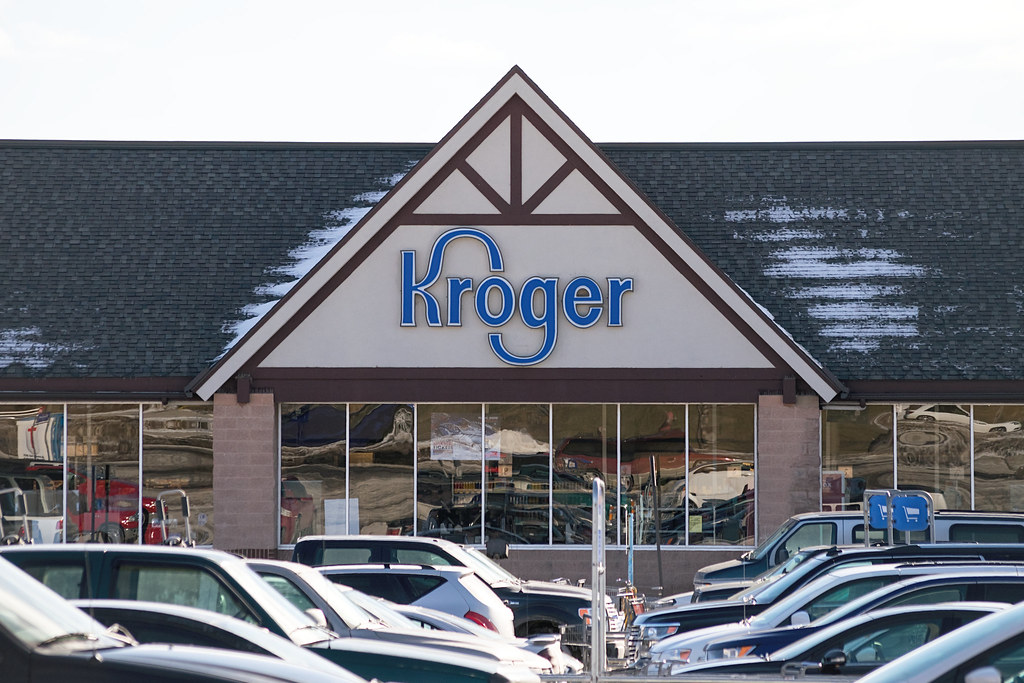Ghost kitchens – restaurants without seating or even take-out counters – proliferated during the pandemic when people were virtually trapped in their homes, afraid to enter confined spaces packed by strangers and, as a result, ramped up online ordering.
Now, however, ghost kitchens appear to be fading from the landscape as life normalizes. The latest victim is Kitchen United, which closed its Kroger store locations, ending a partnership that began in August 2021 at the height of the pandemic and despite a group of investors that included Kroger, Circle K, and Burger King.
“The pandemic-induced shift in consumer dining behavior significantly increased the demand for delivery services, necessitating the rise of ghost kitchens as traditional dine-in options became less accessible,” Taka Tanaka, CEO of AUTEC, told The Food Institute.
“With dine-in now back in full motion, patrons prefer on-premises dining, prompting ghost kitchen operators to adjust to this renewed demand.”
Costs Remain a Major Issue
The cost of establishing and maintaining a network of ghost kitchens, equipped with the necessary food service equipment, can be substantial, noted Serena Grandi, CEO of foodservice equipment company Atosa.
“Additionally, the reliance on digital platforms for orders introduces a dependency on third-party delivery services, eating into profit margins,” Grandi said.
Restaurant Business recently reported Kitchen United has decided to “pivot back into a software business,” planning to shutter all of its MIX units. Earlier, CEO Atul Sood had said retail sites were its future.
“There is so much opportunity in retail and grocery,” Sood told Restaurant Business. “We have tapped probably 5% to 10% of the opportunity that’s out there.”
Among the other ghost kitchen retrenchments: Wendy’s ended its deal with Reef in May, CloudKitchens downsized in September, and in January, Wonder dumped its van-based ghost kitchen model, Restaurant Dive reported. Also revising plans were C3 and Butler Hospitality.
Nimbus took over Kitchen United’s New York operations while ChefSuite took control of Kitchen United’s facilities in Austin, Texas.
A Possible Path Forward?
Camilla Opperman, CEO and founder of Nimbus Kitchen, told Fi there are key problems with ghost kitchens: exclusive focus on delivery operations, hasty geographic expansion and premature vertical integration.
“There are two key differentiators for Nimbus: our flexibility and our focus on community,” Opperman said. “Members can cook in our kitchens for a few hours or a few years while our competitors only offer long-term rentals.
“Our flexible and diverse product offering allows us to target all kinds of food businesses across business sizes and maturities — including catering businesses, bakers, CPG brands, pop-up operators, delivery concepts, and more. …
“Many operators begin as hourly members at Nimbus,” Opperman added, “and have grown into longer-term dedicated customers or use additional Nimbus locations to help scale, meaning we can keep members in our co-cooking ecosystem for longer than the typical off-premises kitchens.”












